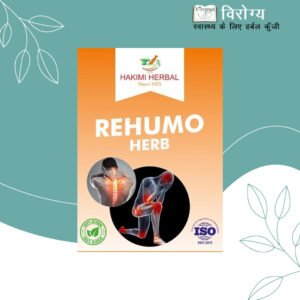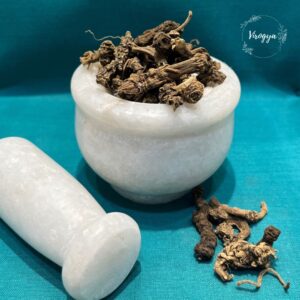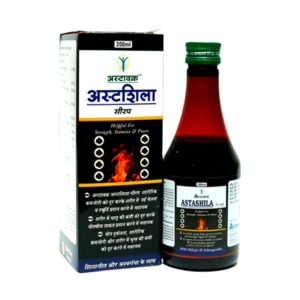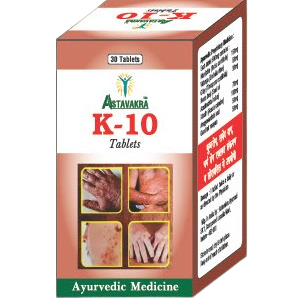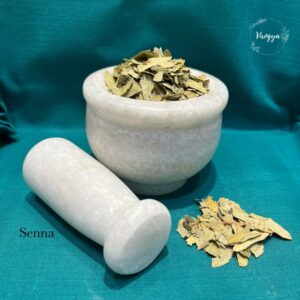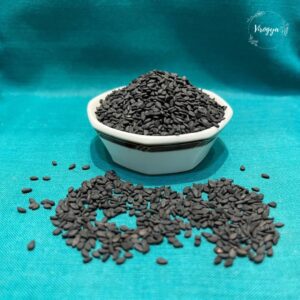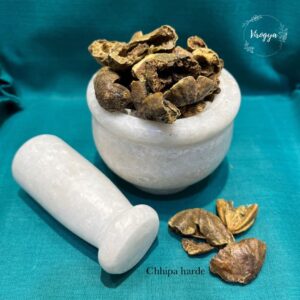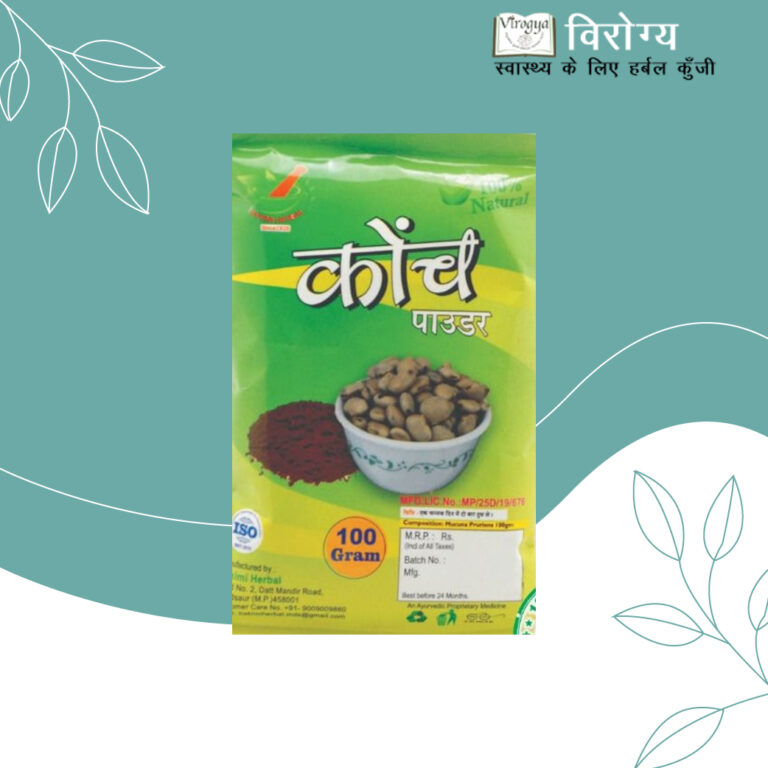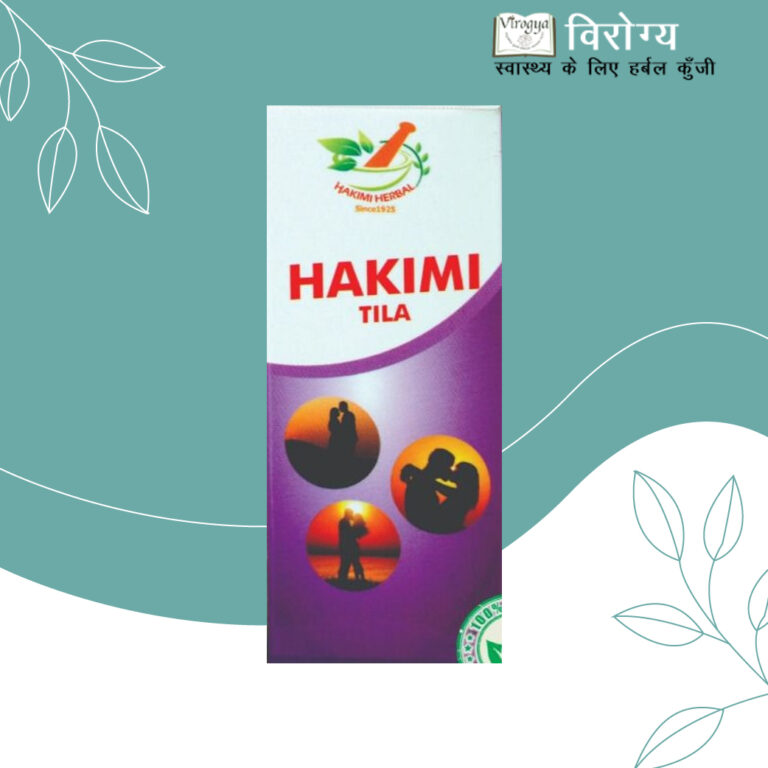Description
Hing, also known as Asafoetida, is a resinous gum extracted from the roots of the Ferula plant, primarily Ferula asafoetida. It is a staple spice in Indian, Persian, and Middle Eastern cuisines, known for its strong sulfurous aroma that transforms into a rich, umami flavor when cooked. Hing has been used for centuries not only as a culinary enhancer but also as a powerful remedy in Ayurveda and traditional medicine. It is widely valued for its digestive, anti-inflammatory, and antimicrobial properties, making it a key ingredient in both food and health remedies.
Health Benefits
Digestive Health
- Acts as a natural carminative, reducing bloating, gas, and indigestion.
- Helps in relieving constipation by promoting bowel movement.
- Stimulates the production of digestive enzymes, improving metabolism.
Respiratory Health
- Acts as an expectorant, helping to clear mucus from the airways.
- Useful in treating asthma, bronchitis, and chronic cough.
- Helps relieve cold and flu symptoms when consumed with warm water.
Anti-inflammatory Properties
- Reduces inflammation and pain in conditions like arthritis and joint pain.
- Helps in healing wounds and reducing swelling.
Heart Health
- Improves blood circulation and acts as a natural blood thinner.
- Helps in lowering high blood pressure and reducing cholesterol levels.
Side Effects & Precautions
While Hing has numerous benefits, excessive consumption or direct application may cause:
- Stomach irritation, nausea, or diarrhea.
- Allergic reactions in sensitive individuals.
- Blood-thinning effects, so should be avoided before surgeries or by people with bleeding disorders.
- Uterine contractions, making it unsafe for pregnant women in large amounts.
Conclusion
Hing is more than just a spice; it is a vital component of traditional medicine and culinary practices. Its strong aroma and potent health benefits make it an indispensable ingredient in many households. Whether used to improve digestion, enhance food flavors, or treat respiratory and inflammatory conditions, Hing continues to play a crucial role in both modern and ancient traditions. However, it should be consumed in moderation to avoid potential side effects. Its unique properties ensure that it remains a valuable part of kitchens and herbal medicine worldwide.





